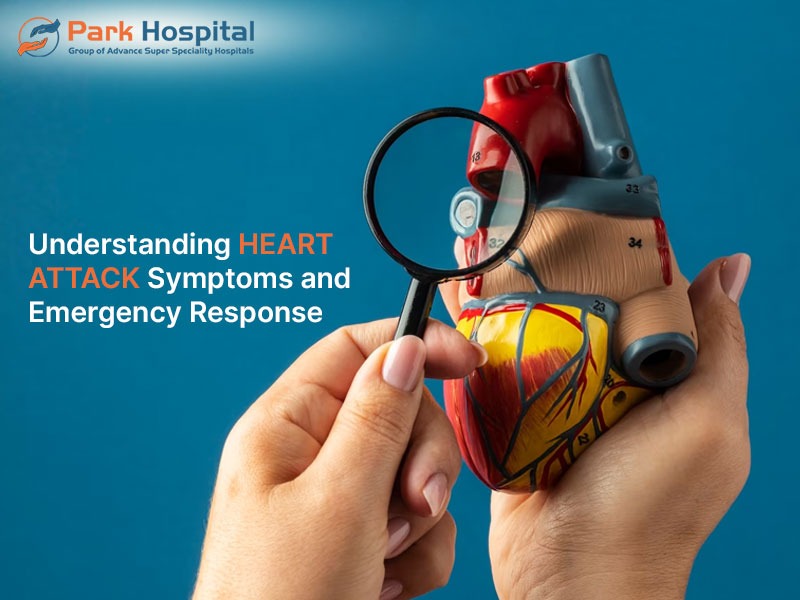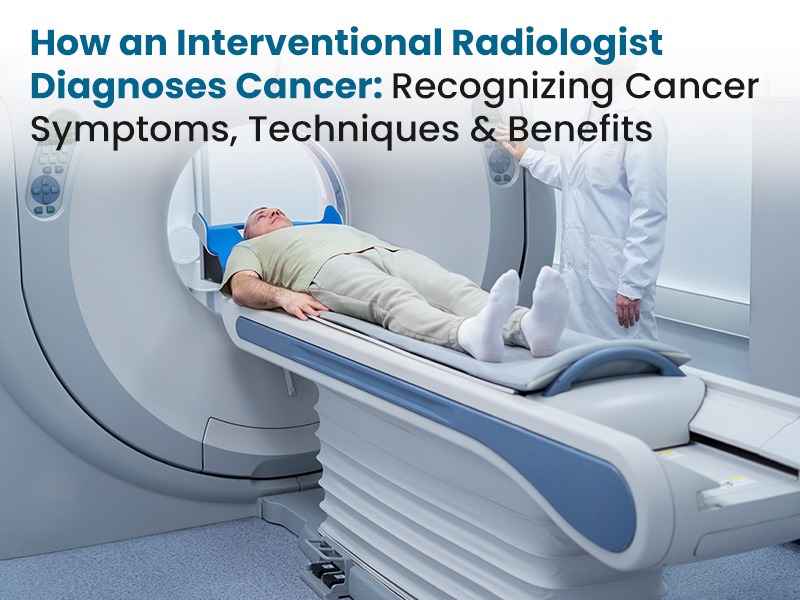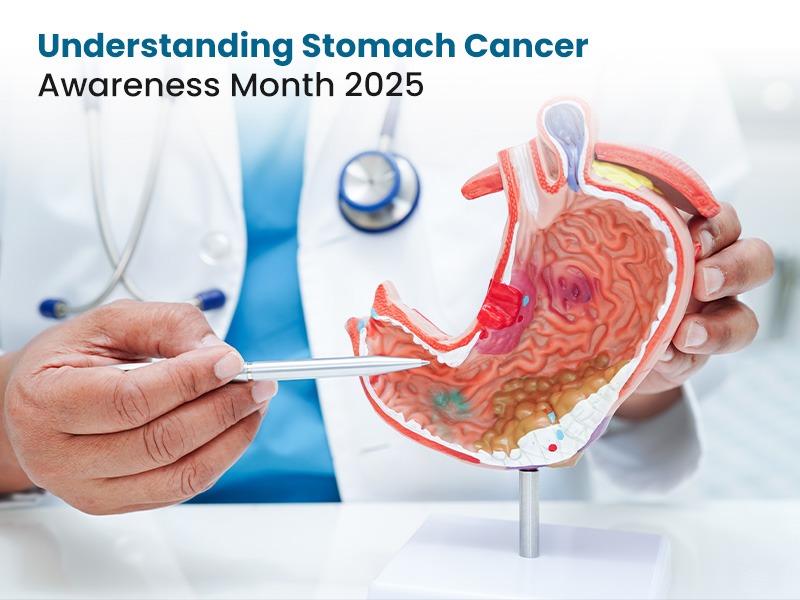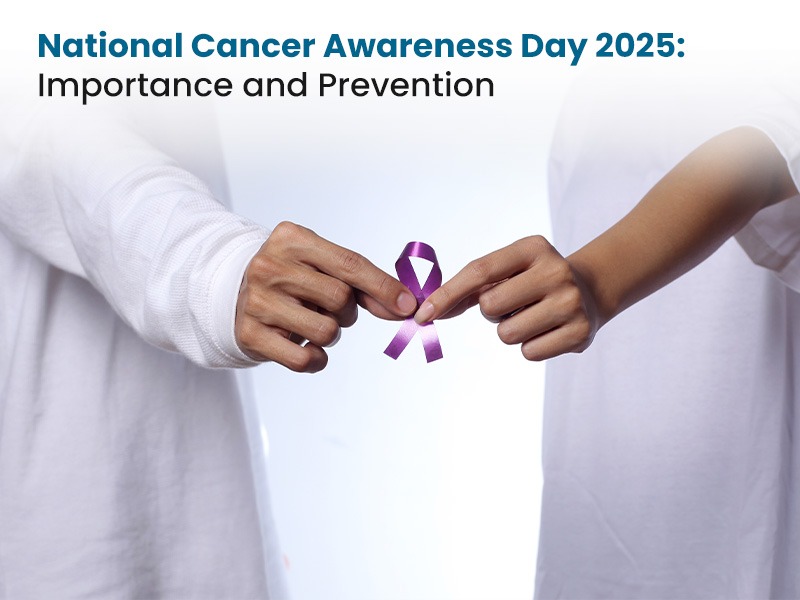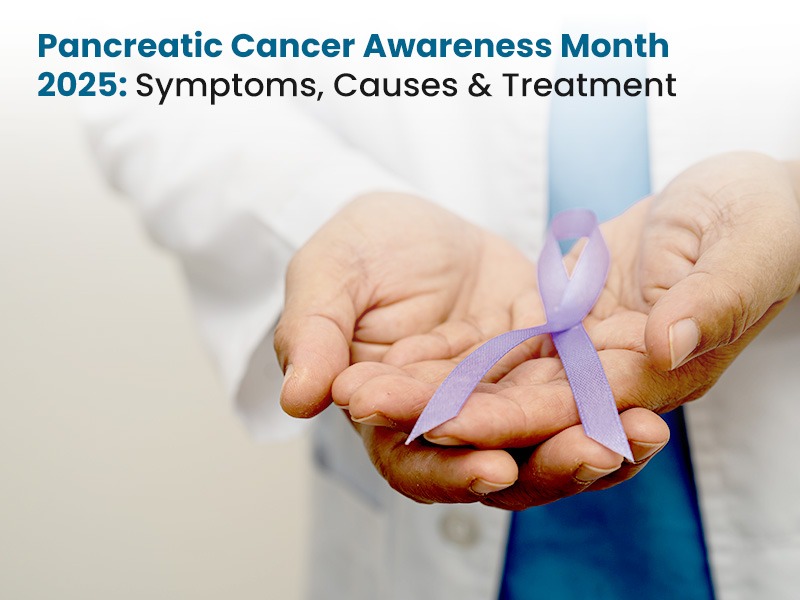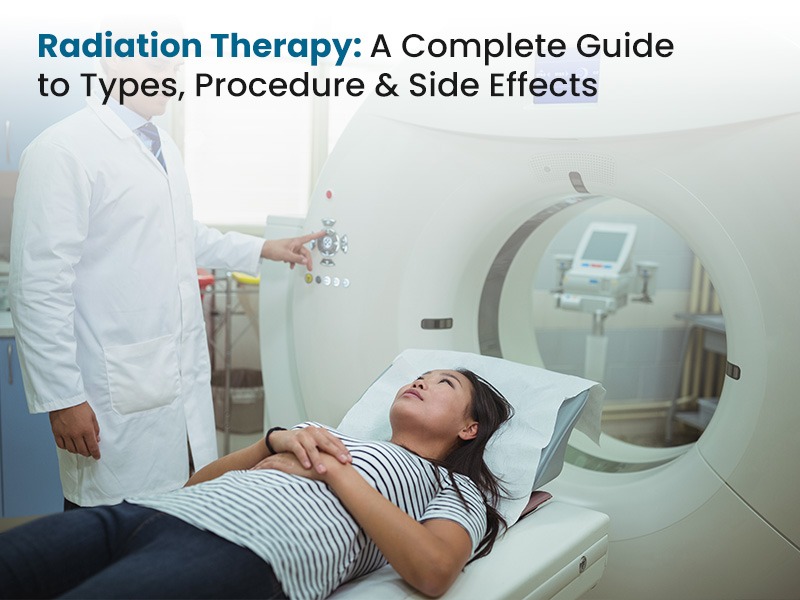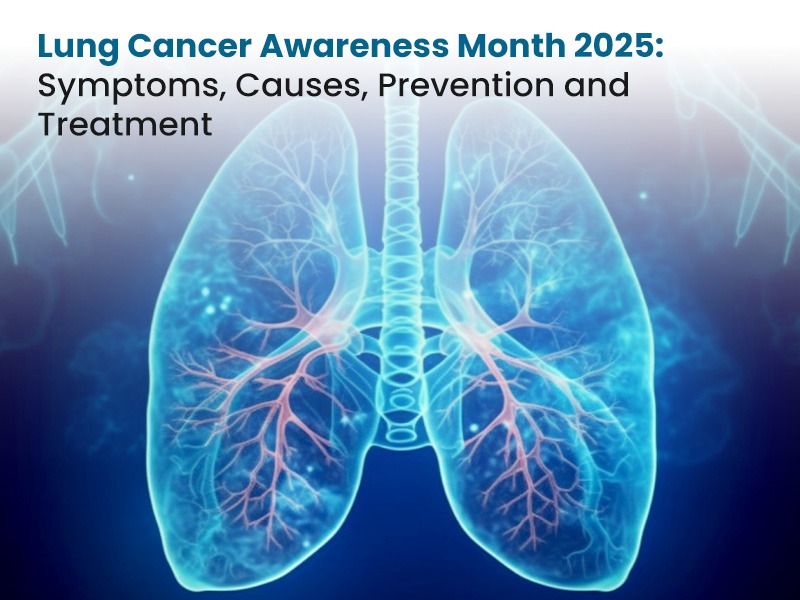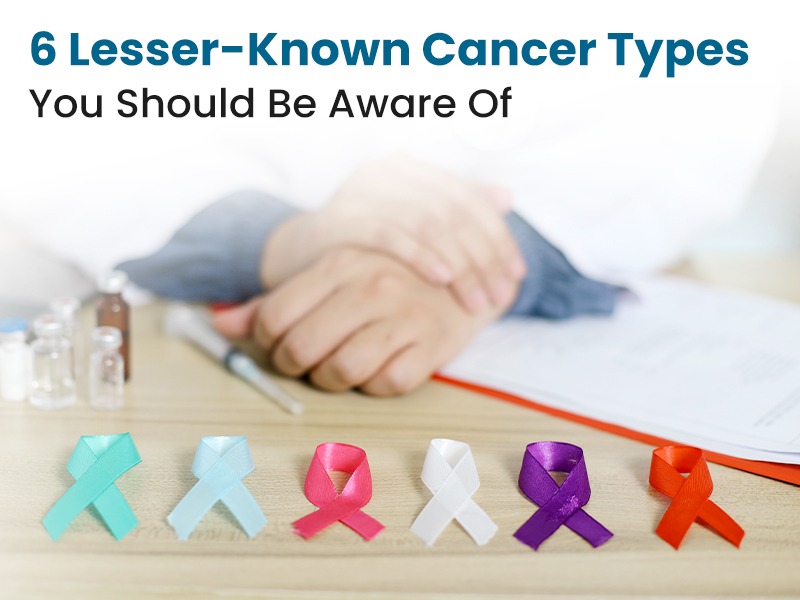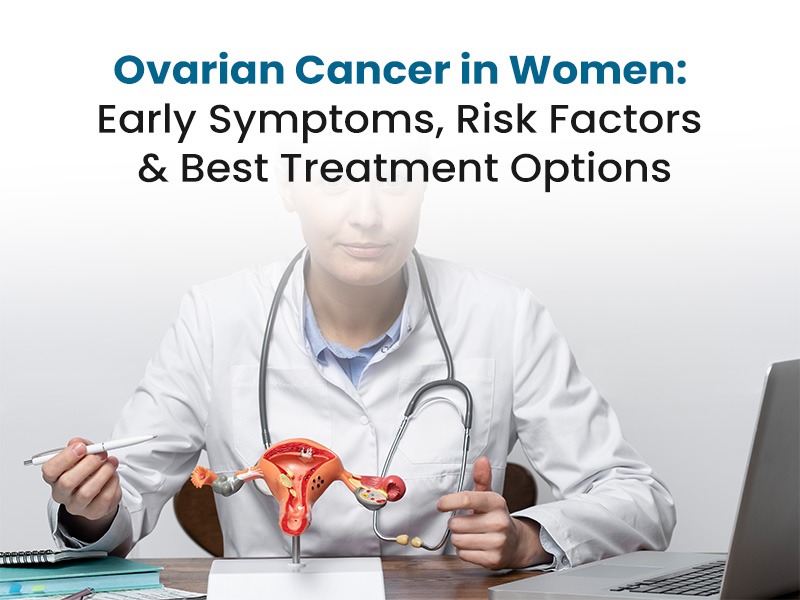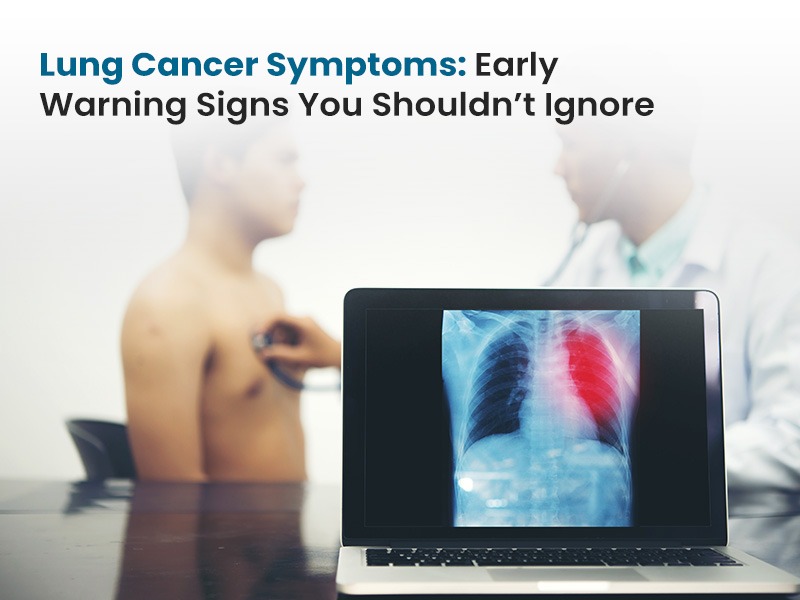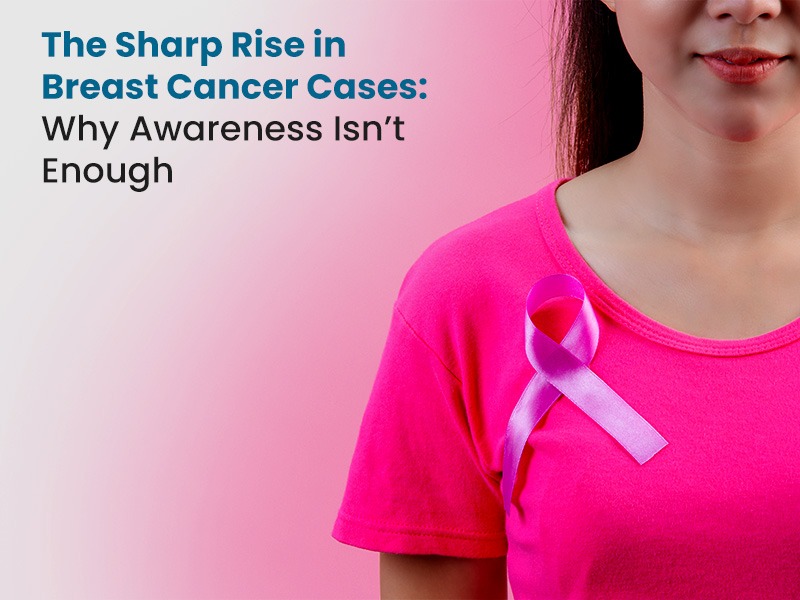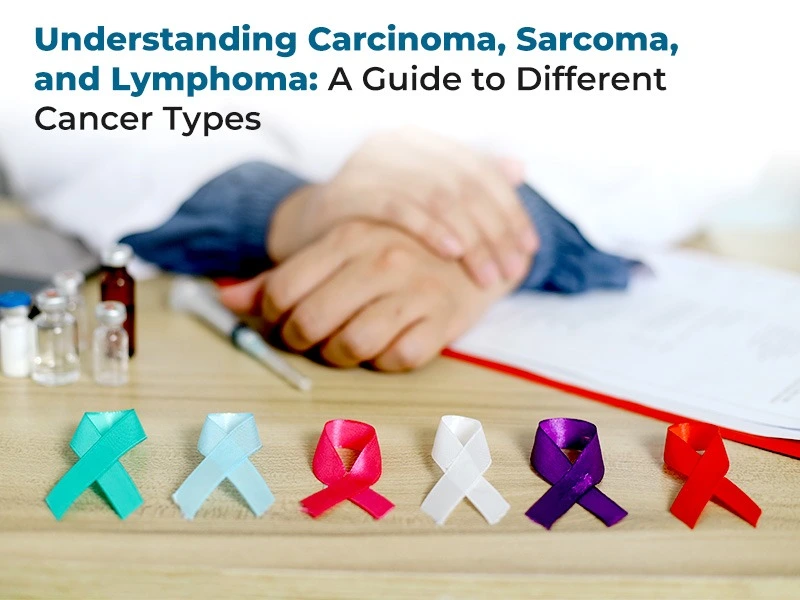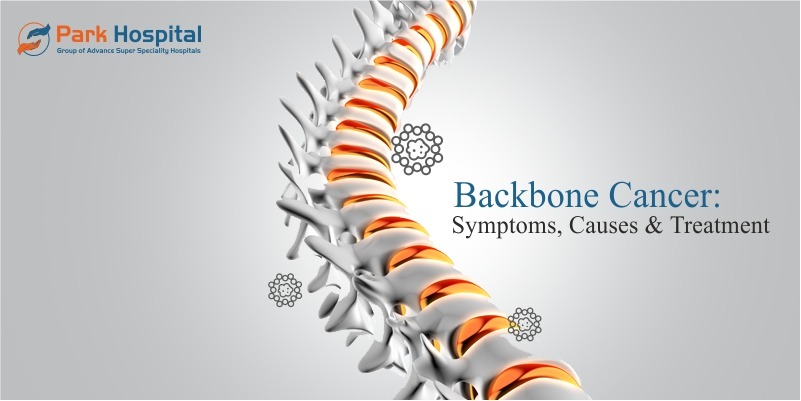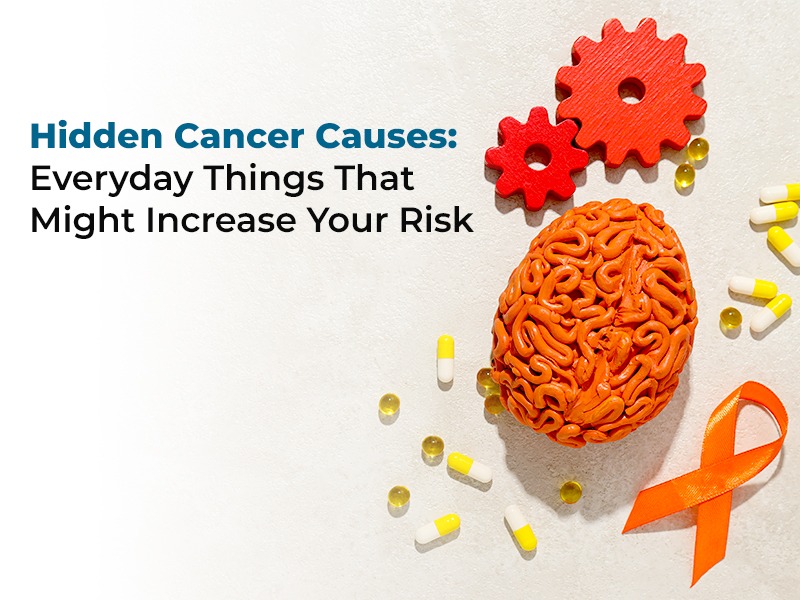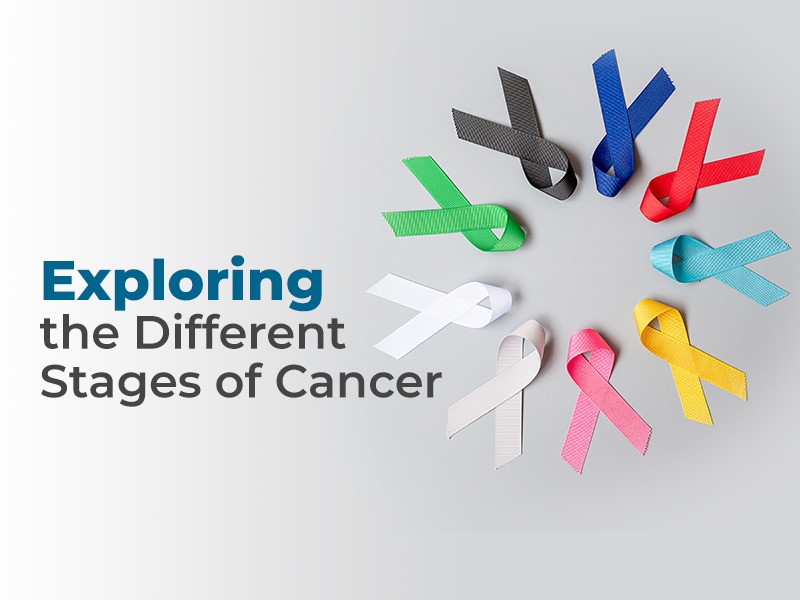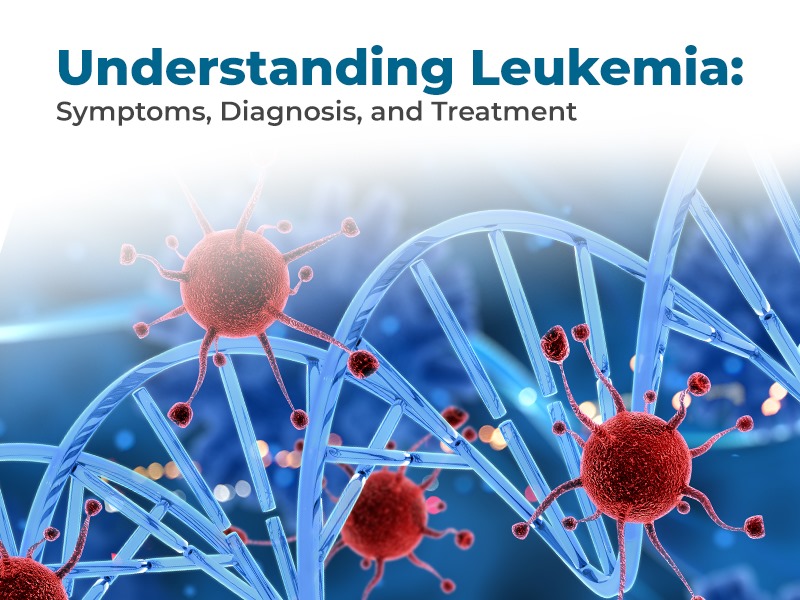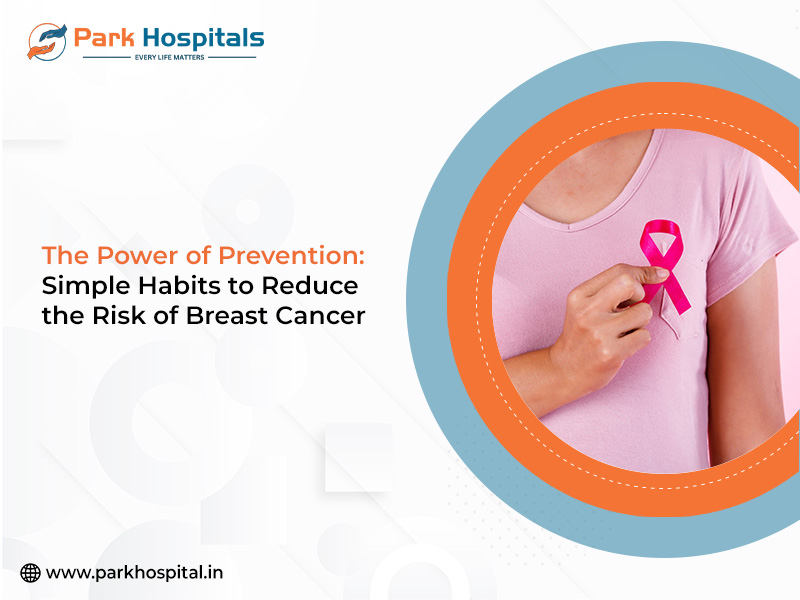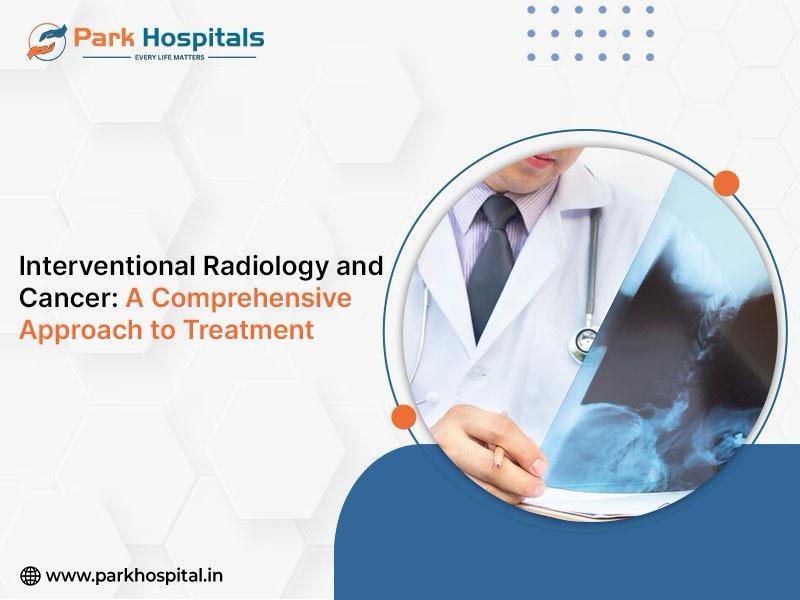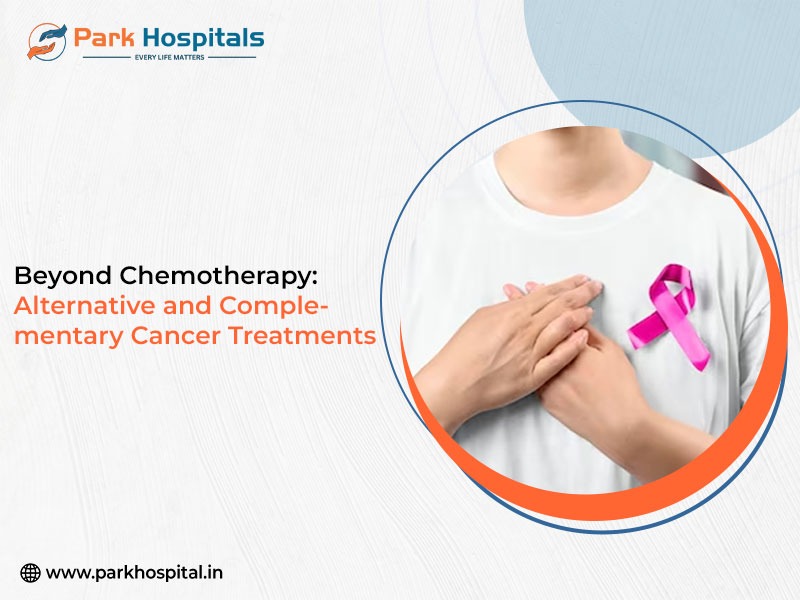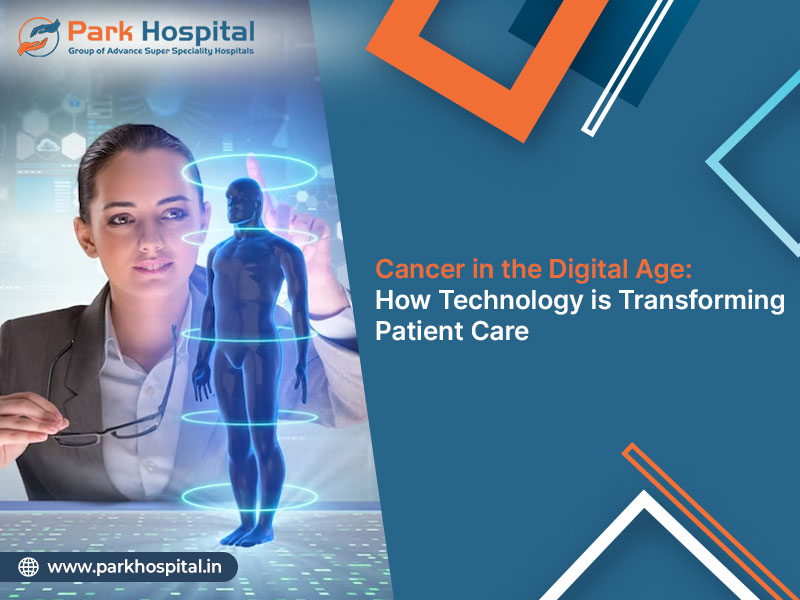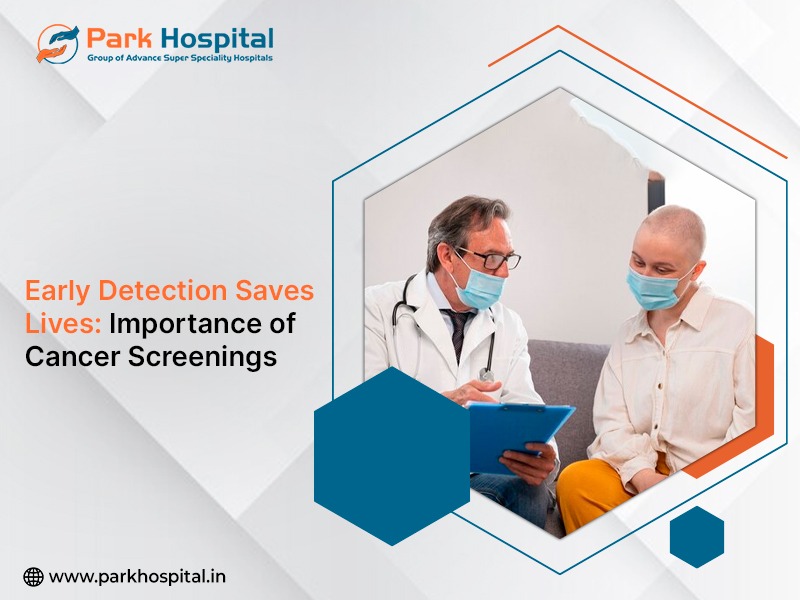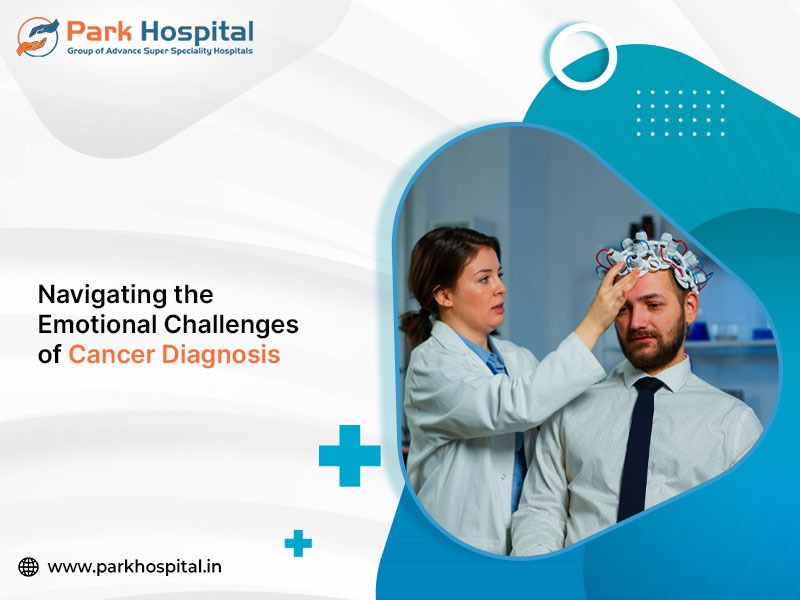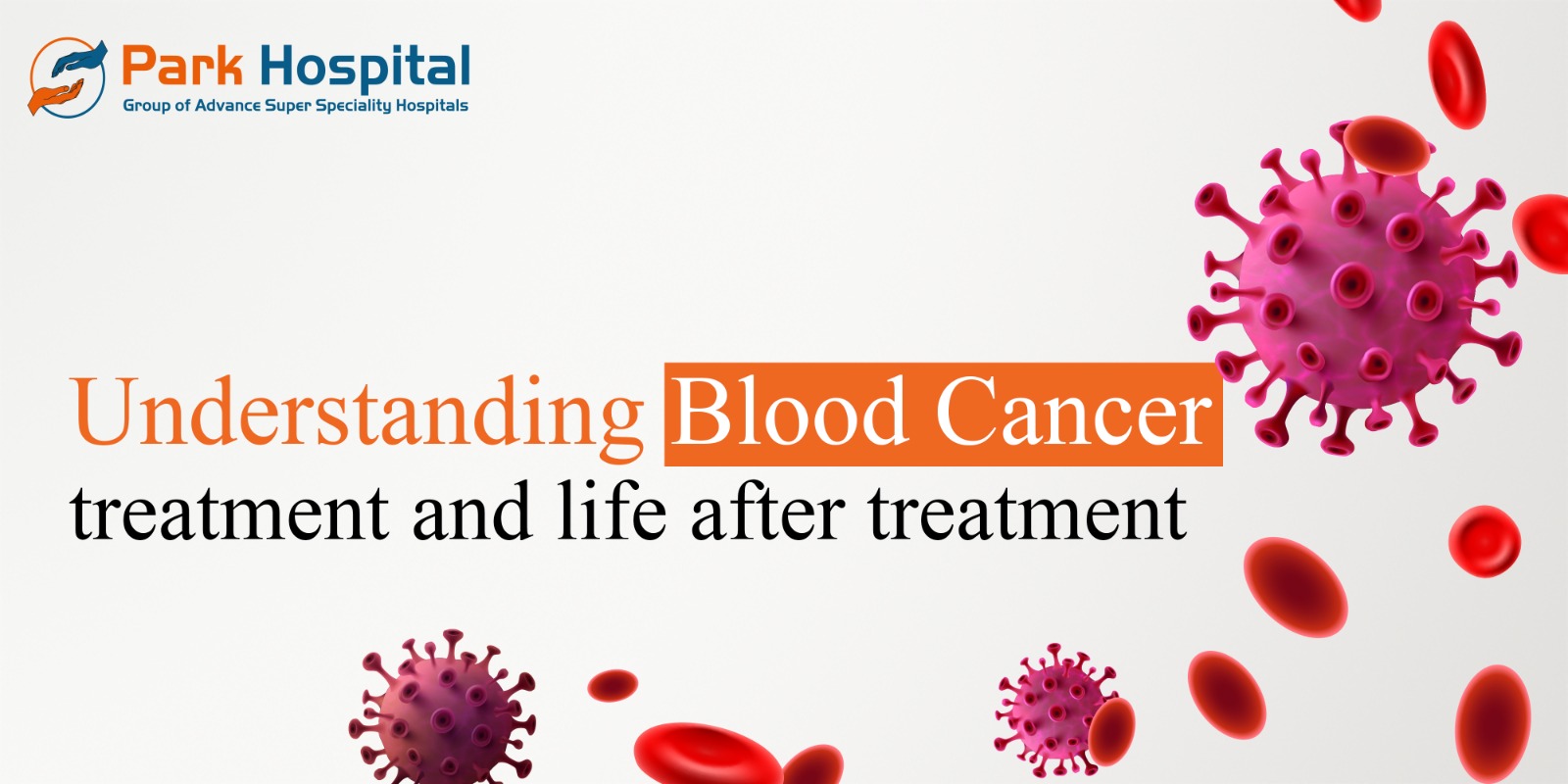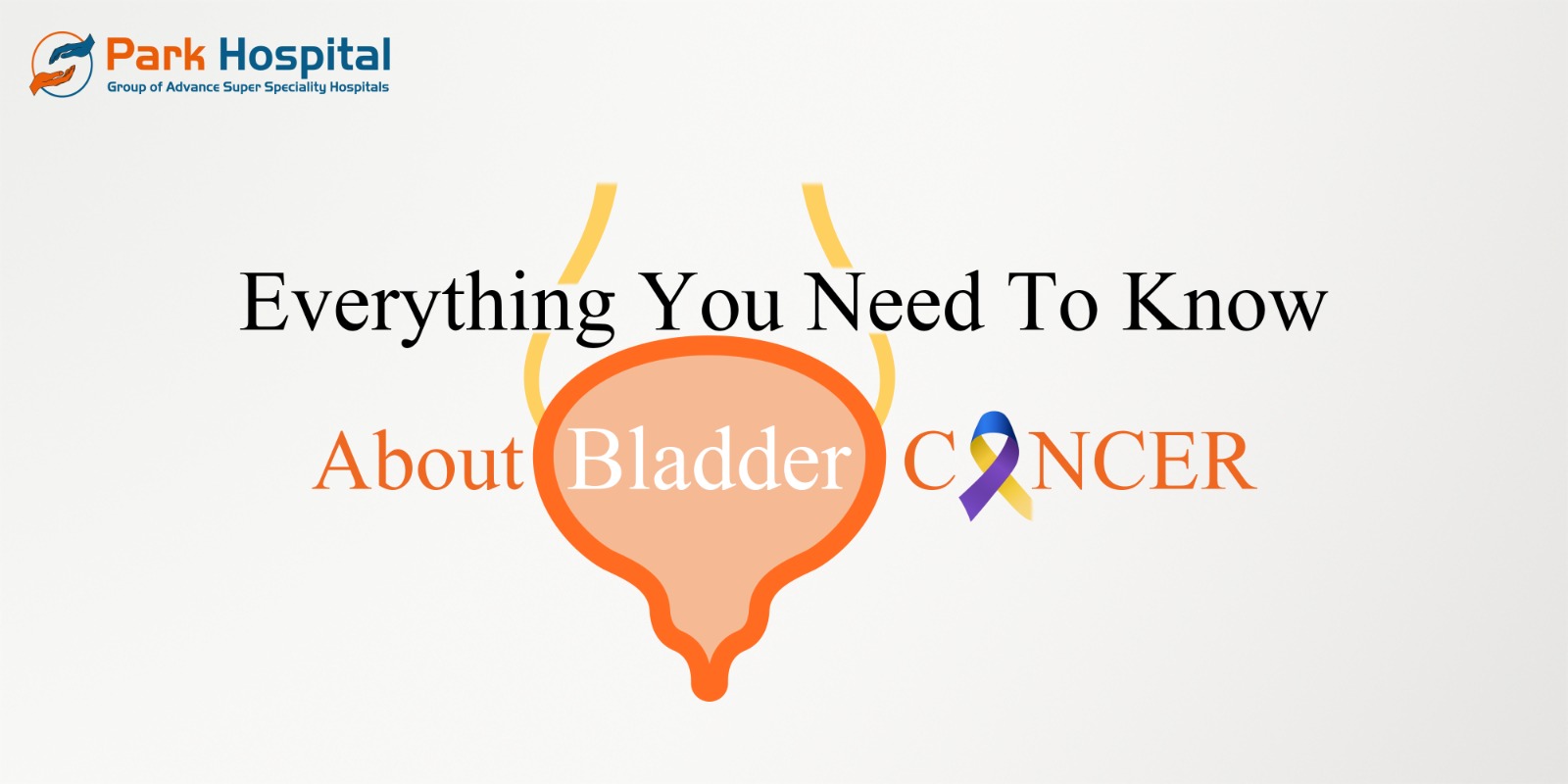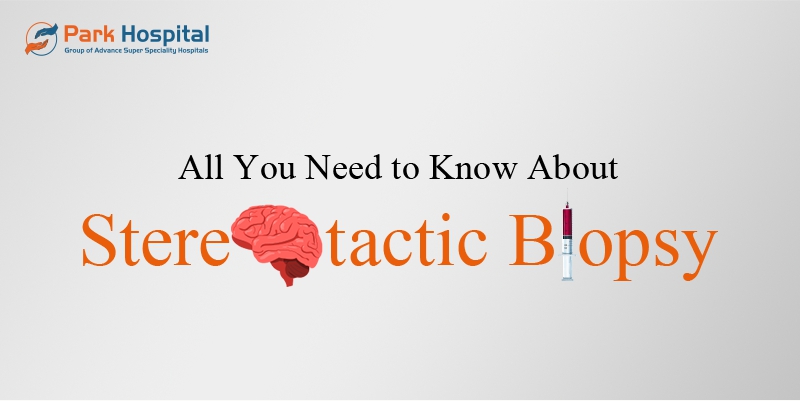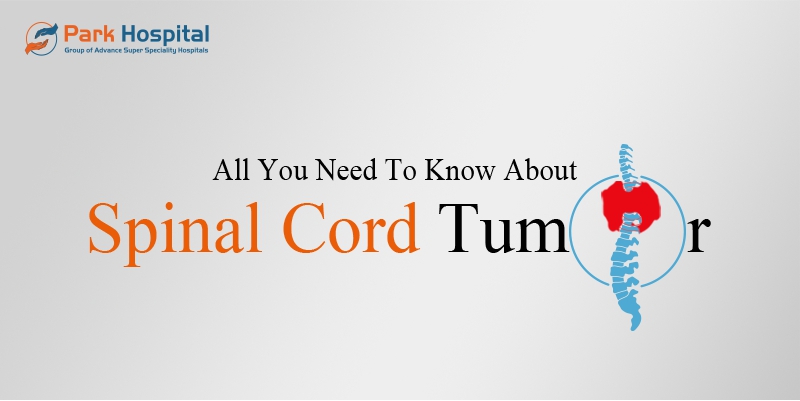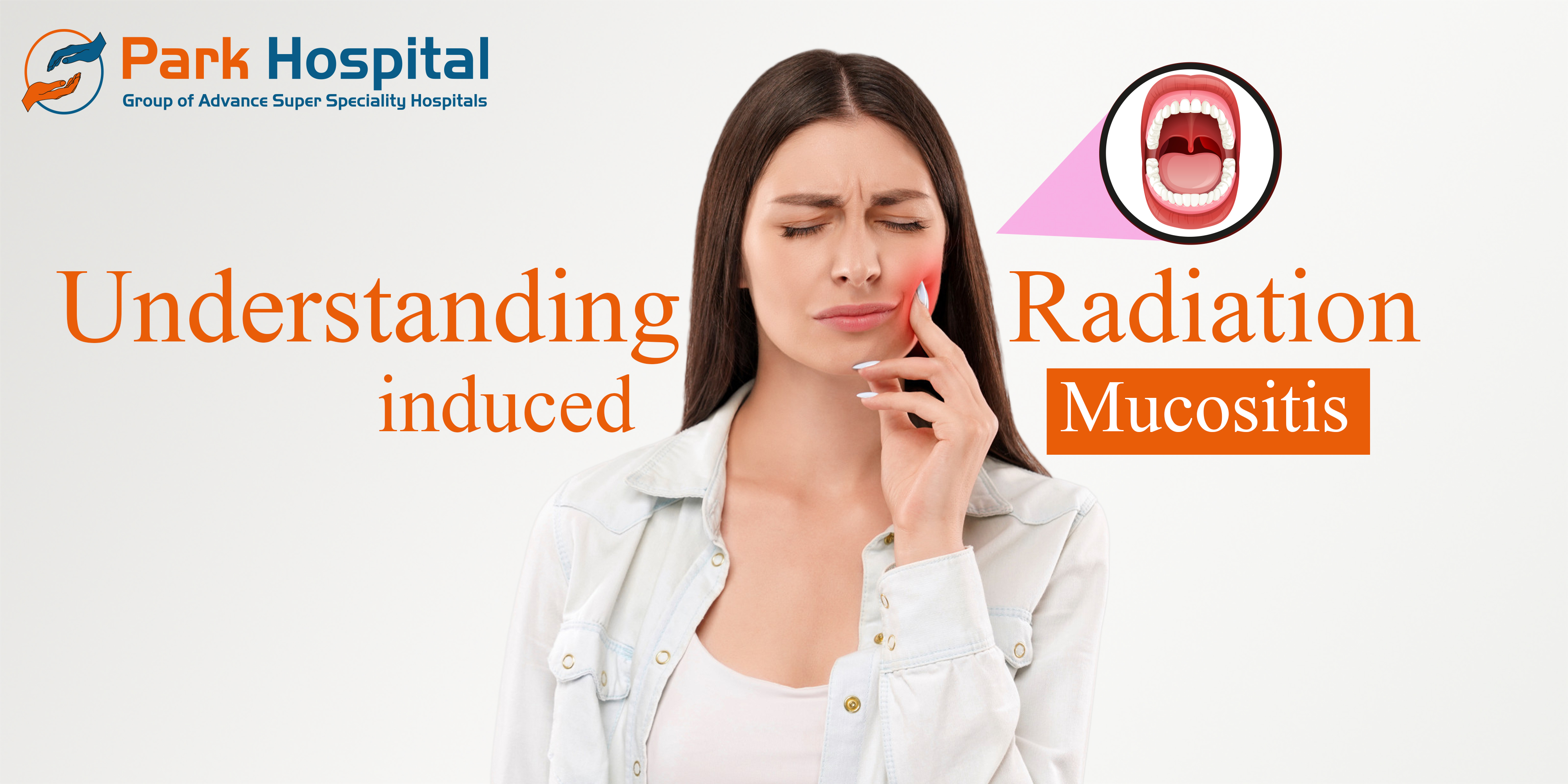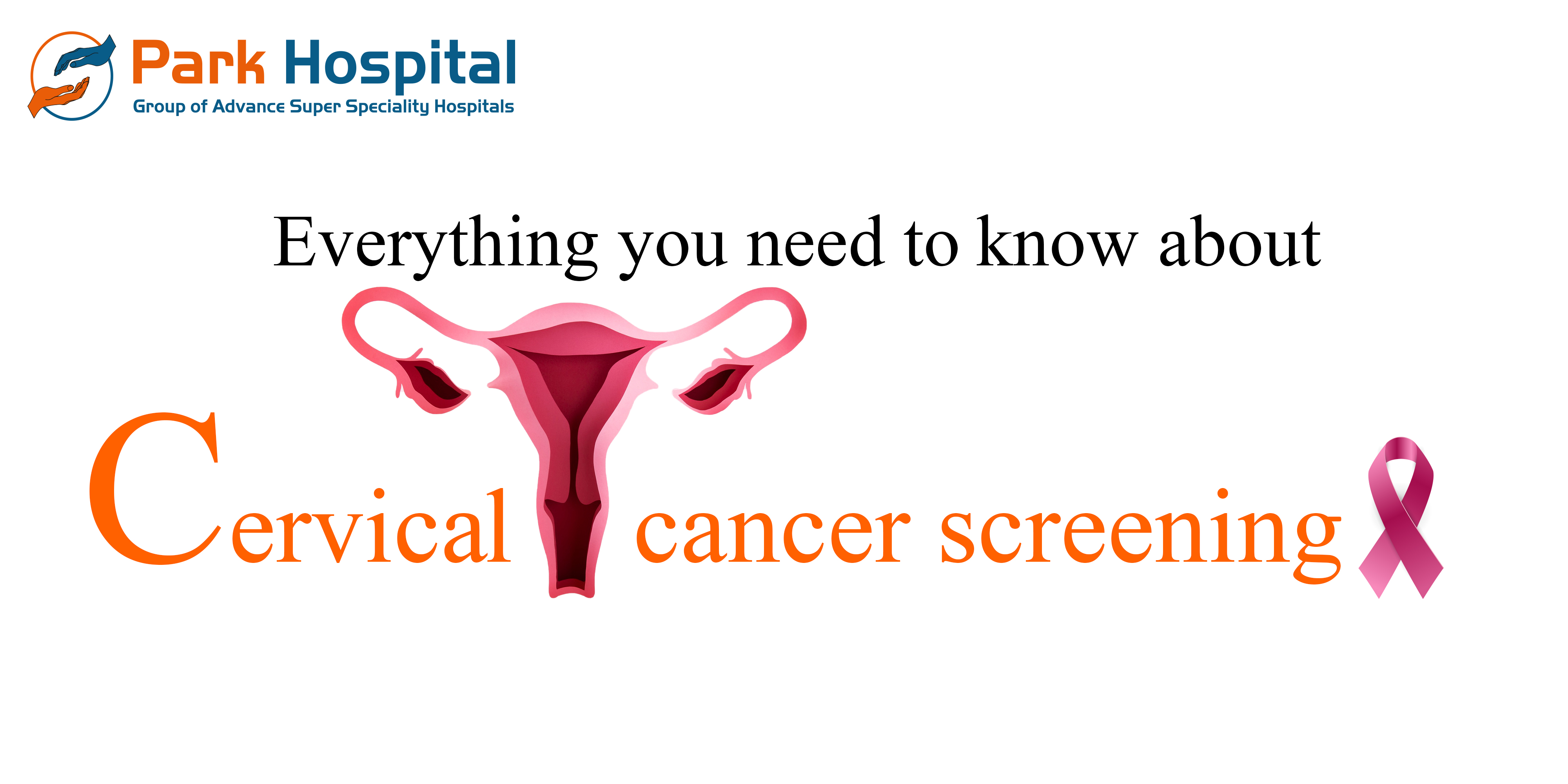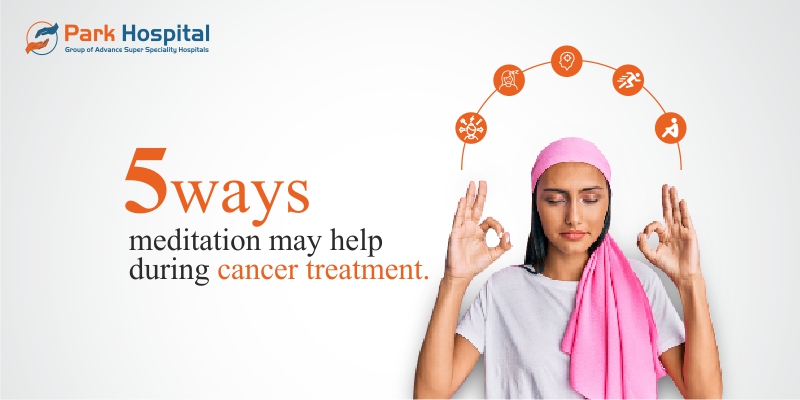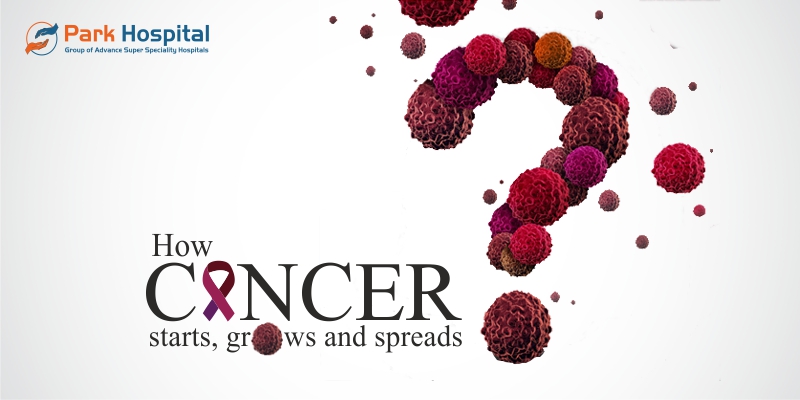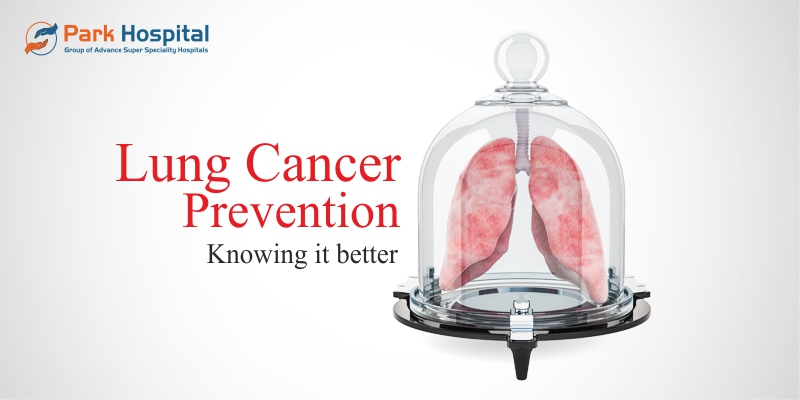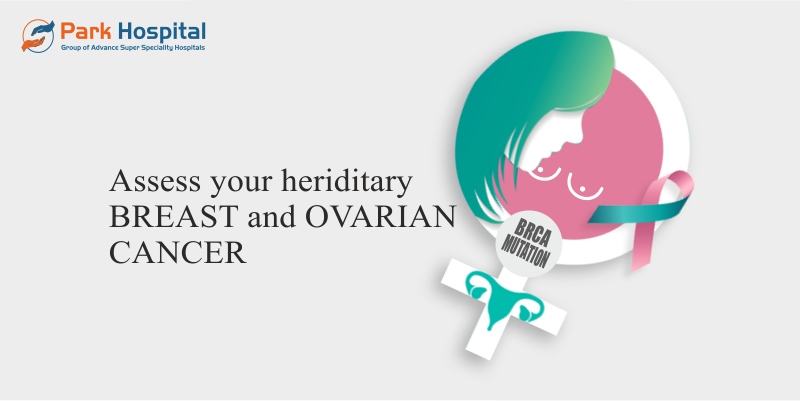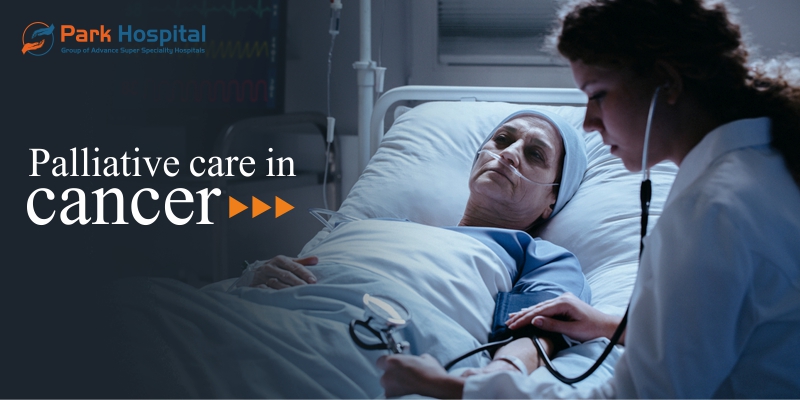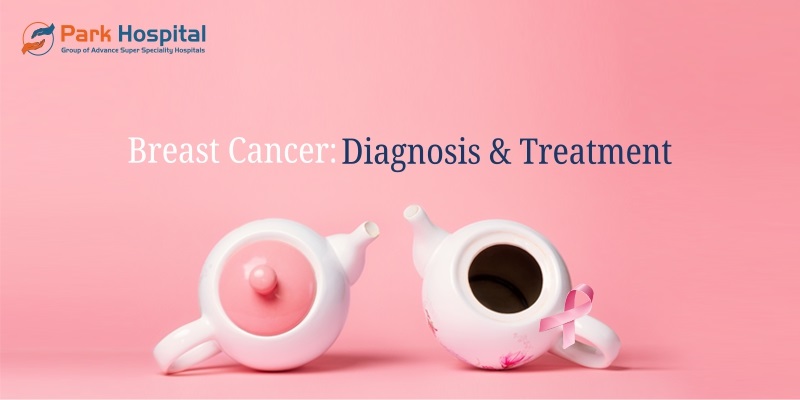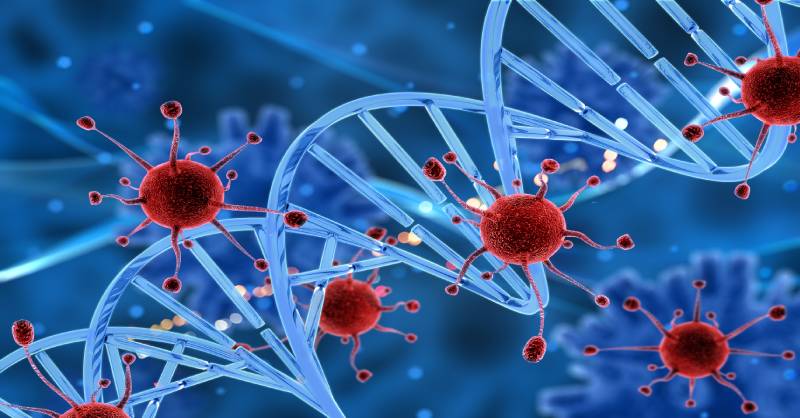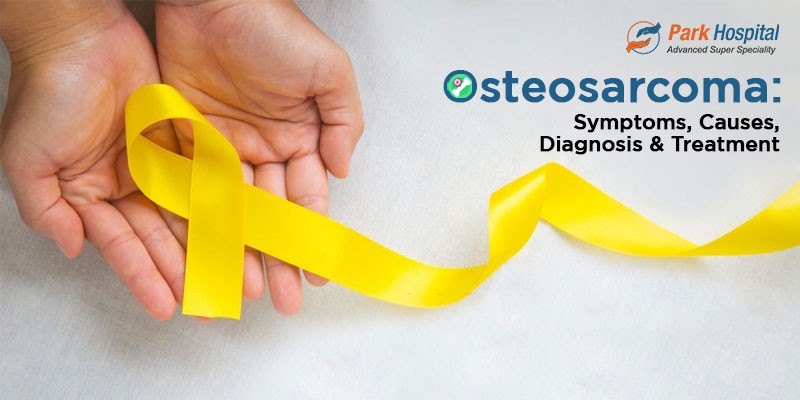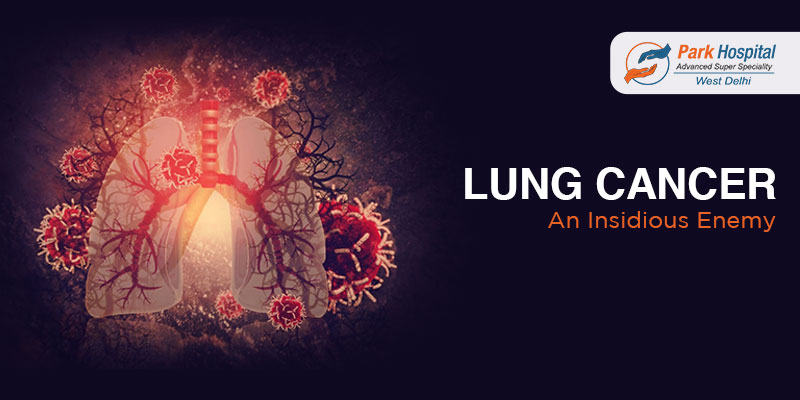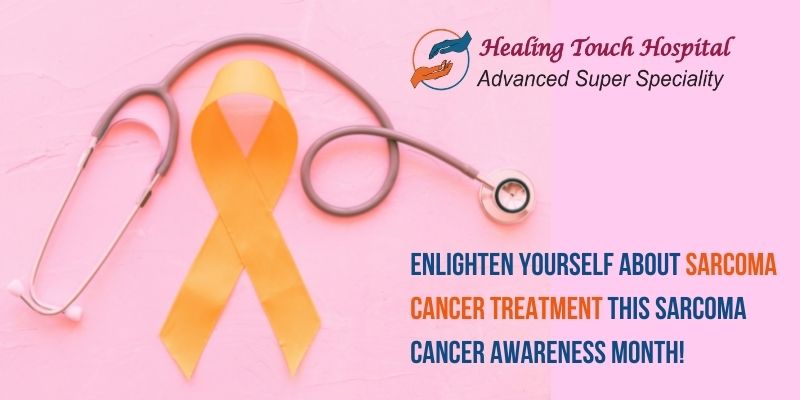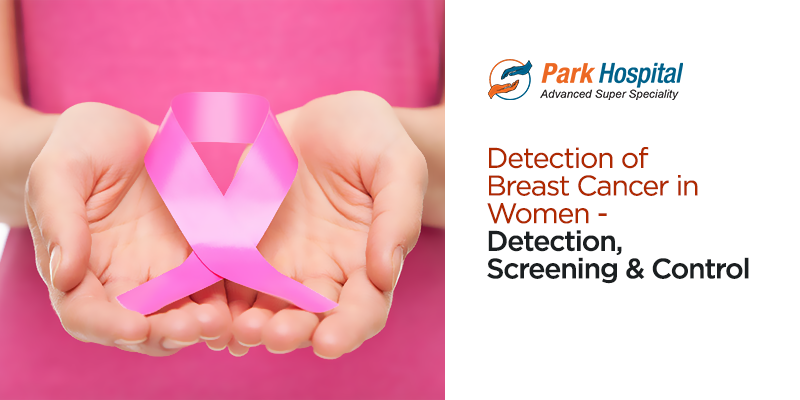Understanding Heart Attack Symptoms and Emergency Response
Heart-related diseases were among India's most prevalent medical problems at the turn of the decade, with 54.5 million confirmed cases. This constant surge makes understanding why heart attacks occur, what they are, and the best Heart hospitals in Delhi essential.
Heart attacks occur when blood and oxygen flow to the Heart is reduced due to heavy cholesterol presence and other substances within the arteries. The Cholesterol deposits are called plaques, and their prolonged buildup is called Atherosclerosis.
Before understanding the symptoms, we need to understand who can be at potential risk of heart attacks. Heart Attack Risk Factors Include:
1. Age - People above 45 have a higher chance of being subjected to heart attacks due to higher cholesterol levels and prolonged physical inactivity
- Tobacco use - Tobacco users are indicated to have a higher chance of Sudden Heart attacks due to the long-term impacts of smoking on the arteries.
- High blood pressure – Long-term high blood pressure impacts the arteries responsible for blood transportation for an extended period. Moreover, High blood pressure is sometimes associated with obesity, diabetes, and high cholesterol, which amplifies the overall risk.
- Unhealthy diet and Inactivity – Excessive consumption of sugars, starch, animal fats, processed foods, and trans fats can all increase the risk of heart attacks. Moreover, long periods of physical inactivity are also harmful.
- Family history – Studies show that individuals with a history of heart attack and cardiovascular disease stand at a higher overall risk due to genetic reasons. Hence, recurring heart issues are an indicator of Potential Heart attacks.
HEART ATTACK SYMPTOMS
Heart attack symptoms vary in nature. Specific individuals observe recurring mild symptoms, while others have no symptoms. Regardless of the Individual capacity, the most occurring symptoms are:
1. Chest pain – Recurring chest pain may feel like tightness, pressure, pain and aches
2. Pain or discomfort – constant pain not only in the shoulder and chest but also in arms, back, neck, teeth and jaw
3. Cold sweat – sudden cold sweats have been positive indicators of a pending heart attack in the past.
4. Heart Palpitations - Because of the insufficient and disrupted supply of blood that causes Heart Attacks, victims can feel their Heart skipping beats.
5. Stomach pain – usually recurring body pain also occurs within the stomach and is an accurate predictor of a heart attack.
6. Sudden dizziness – Sudden dizziness and loss of senses are accurate symptoms because they usually narrowly precede a heart attack.
7. Shortness of breath – Chest discomfort often causes a shortage of breath among potential heart attack victims, hence why it is an accurate symptom.
Emergency Responses
Beyond identifying the symptoms, victims must understand the correct safety measures to undertake in case of any potential emergency. While there are several steps, the most basic ones are:
- Call the Local Emergency number – if you have encountered any symptoms of a possible heart attack, be sure to call an ambulance if you can; if you cannot, call someone who can drive you to a hospital. Park Hospital, Delhi, is among the best Heart hospitals in Delhi, offering a 24/7 service for any patient.
- Take an aspirin – while it sounds asinine, studies show that aspirin does prevent blood clotting, and if used during a heart attack, it can reduce the overall heart damage
- CPR – If the person having a heart attack is unconscious, appropriate CPR can help maintain temporary blood flow; however, call an ambulance quickly. The CPR needs to be performed with 100-120 compressions a minute.
If you are witnessing any recurring symptoms of heart attacks, be sure to contact your nearest Park Hospital. In 1982, Park Group of Hospitals was established to provide every patient with efficient medical services, commitment, facilities, and compassion. Today, Park hospitals are renowned for being among the best Cardiac Surgery Hospitals in Gurugram and heart hospitals in Delhi NCR.

